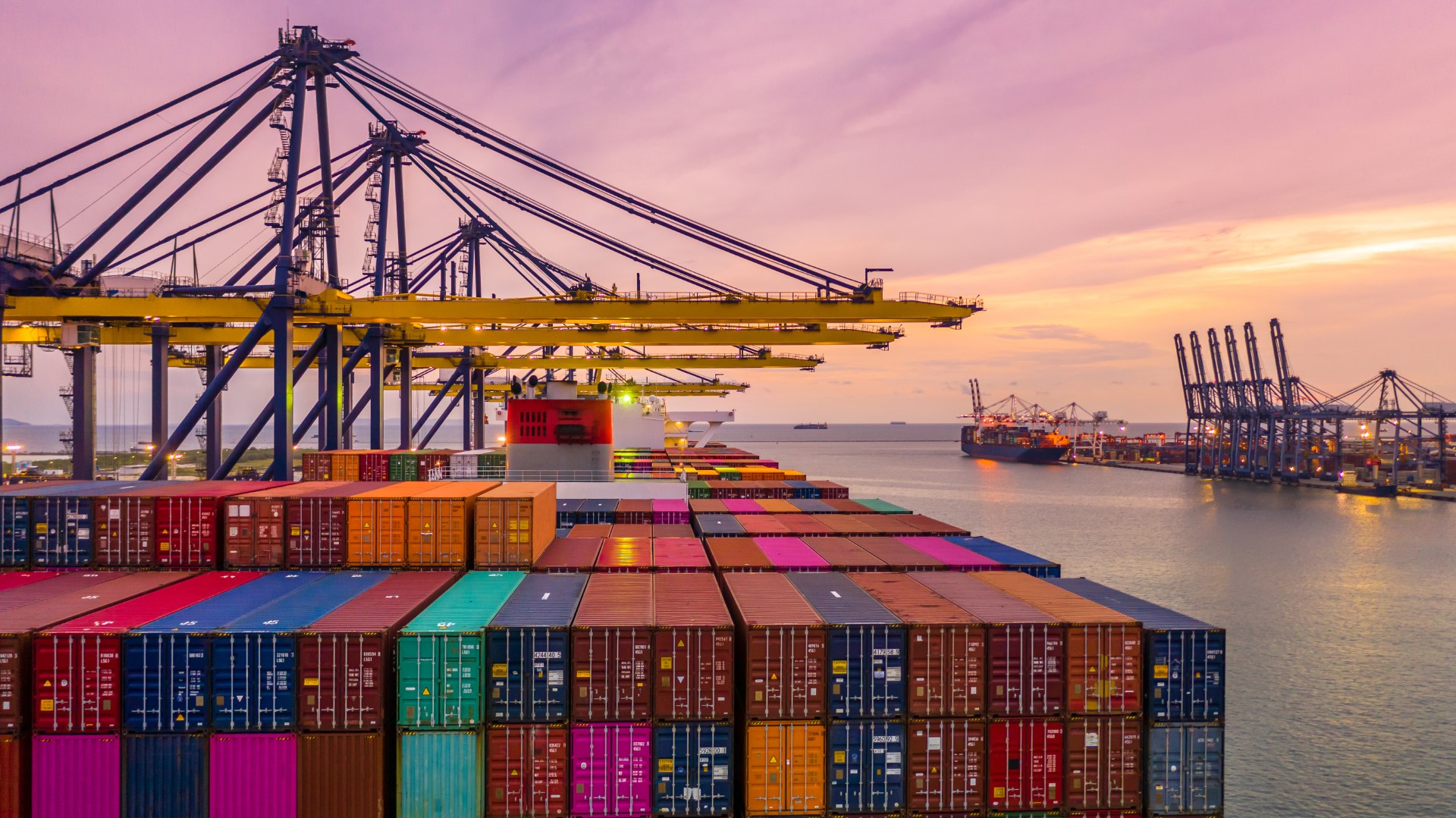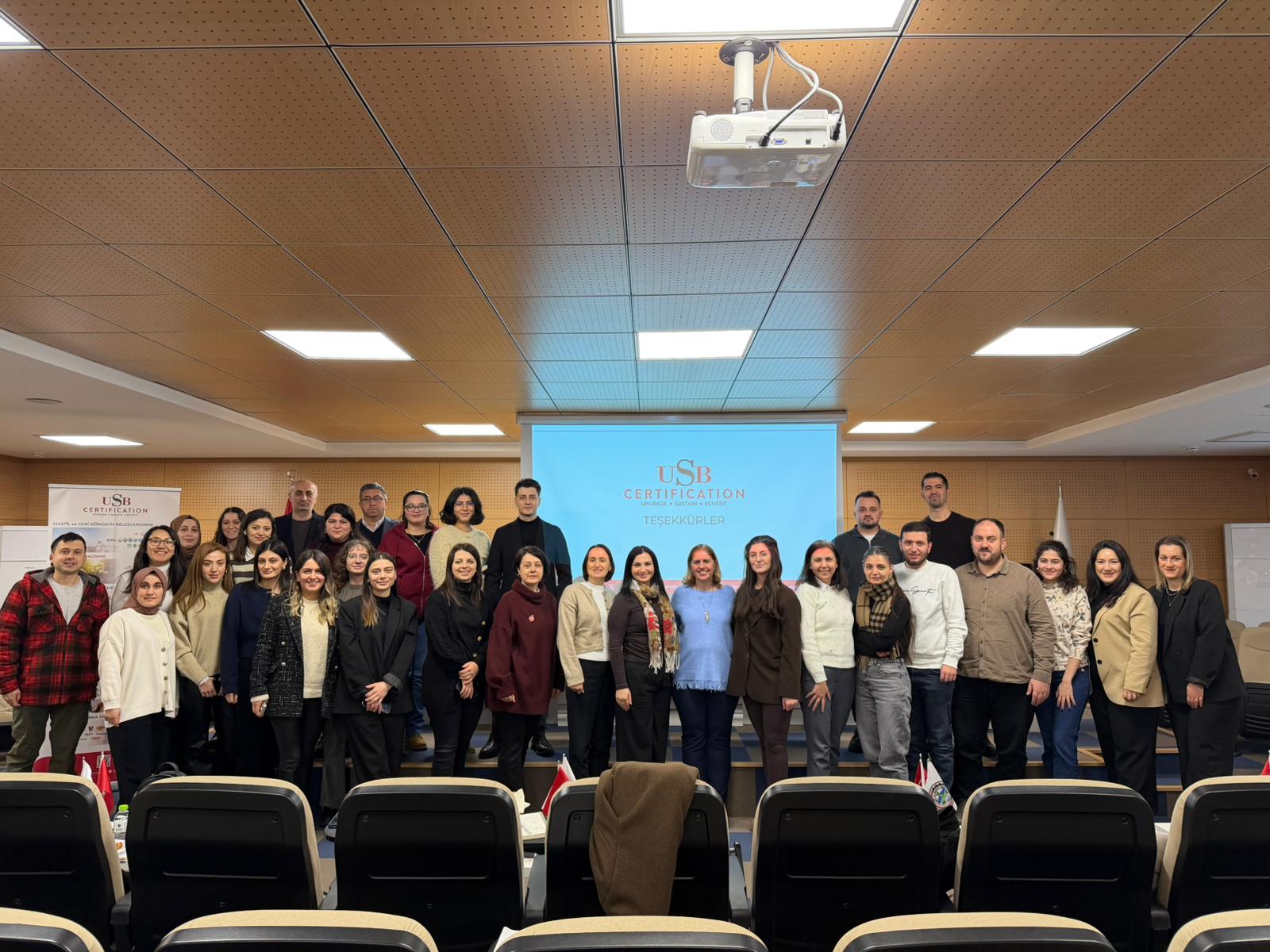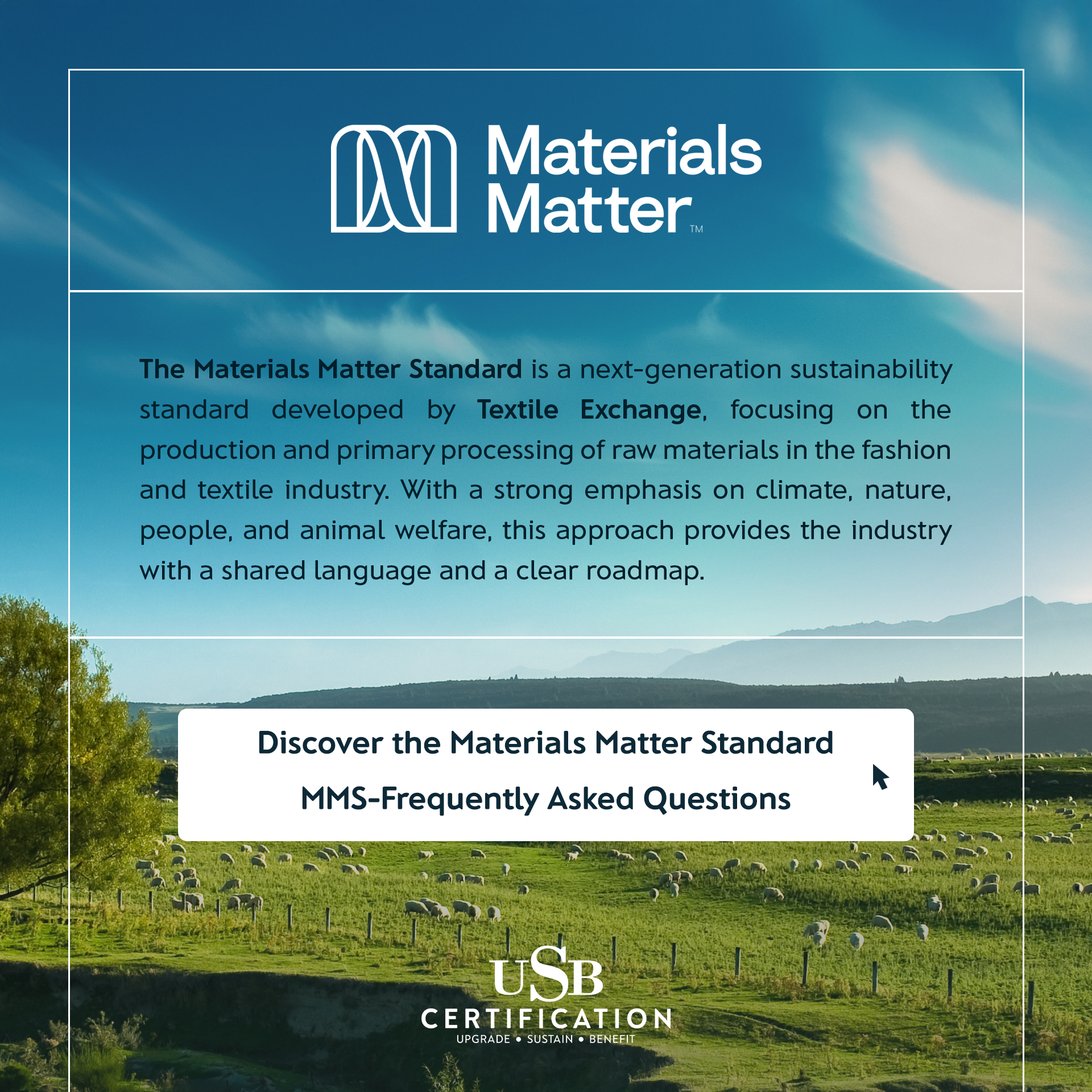The Turkish ready-made garment industry is undergoing a fundamental shift as it adapts to the European Union’s new wave of sustainability regulations. At a recent industry gathering in Istanbul (The Transformation Journey of the Turkish Apparel Industry), experts emphasized that Turkey’s geographical advantage and production capabilities must now be matched with strong environmental and digital transformation efforts.
Participants stressed the urgency of modernizing the existing trade framework with the EU to include services, digital trade, and environmental benchmarks. These updates are essential as traceability, recyclability, and lifecycle transparency become regulatory requirements, not just competitive advantages.
European buyers are increasingly demanding sustainability documentation alongside quality assurances. In response, Turkish manufacturers are investing in technologies like digital product passports, eco-design methods, and lifecycle analysis systems to stay compliant.
Turkey currently stands as the EU’s third-largest textile supplier, making alignment with these new expectations not just preferable but necessary. The post-pandemic landscape has further accelerated the demand for transparent, circular, and digitally integrated supply chains.
To support this transition, industry bodies are publishing practical guides and promoting digital prototyping to improve environmental performance. The sector’s ability to meet these rising standards will be key in maintaining and enhancing its global market position in the years ahead.








